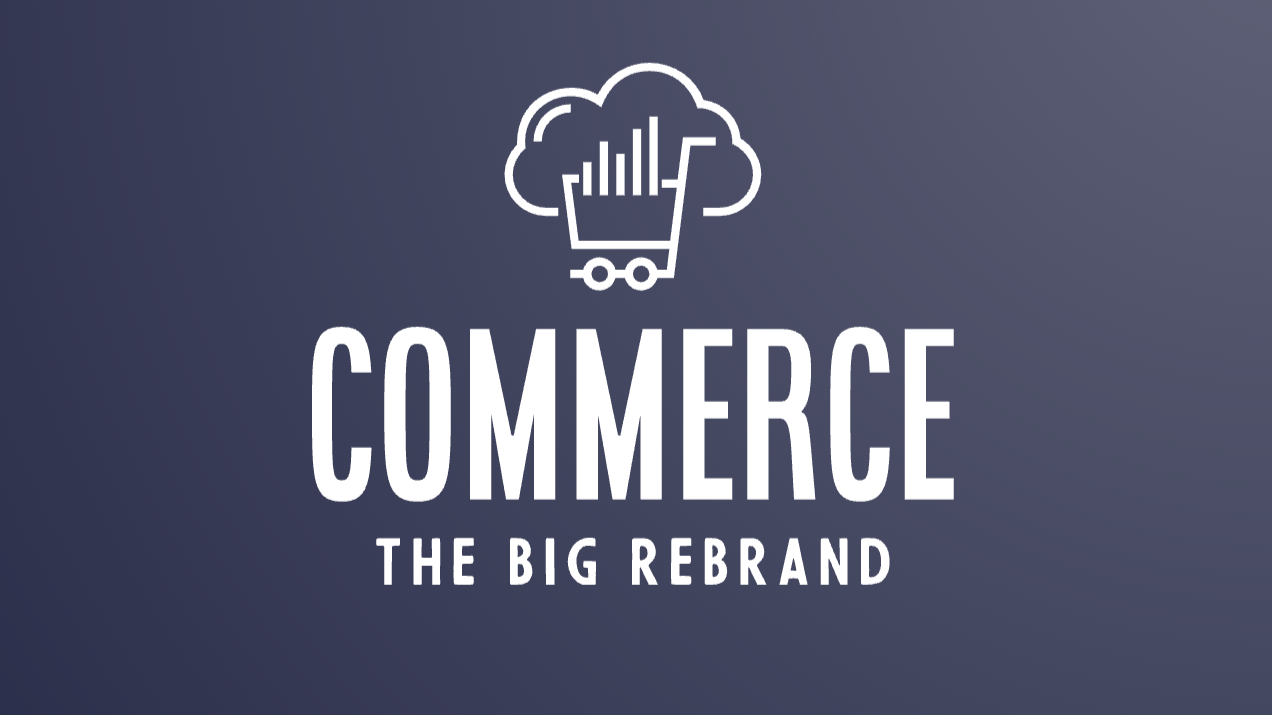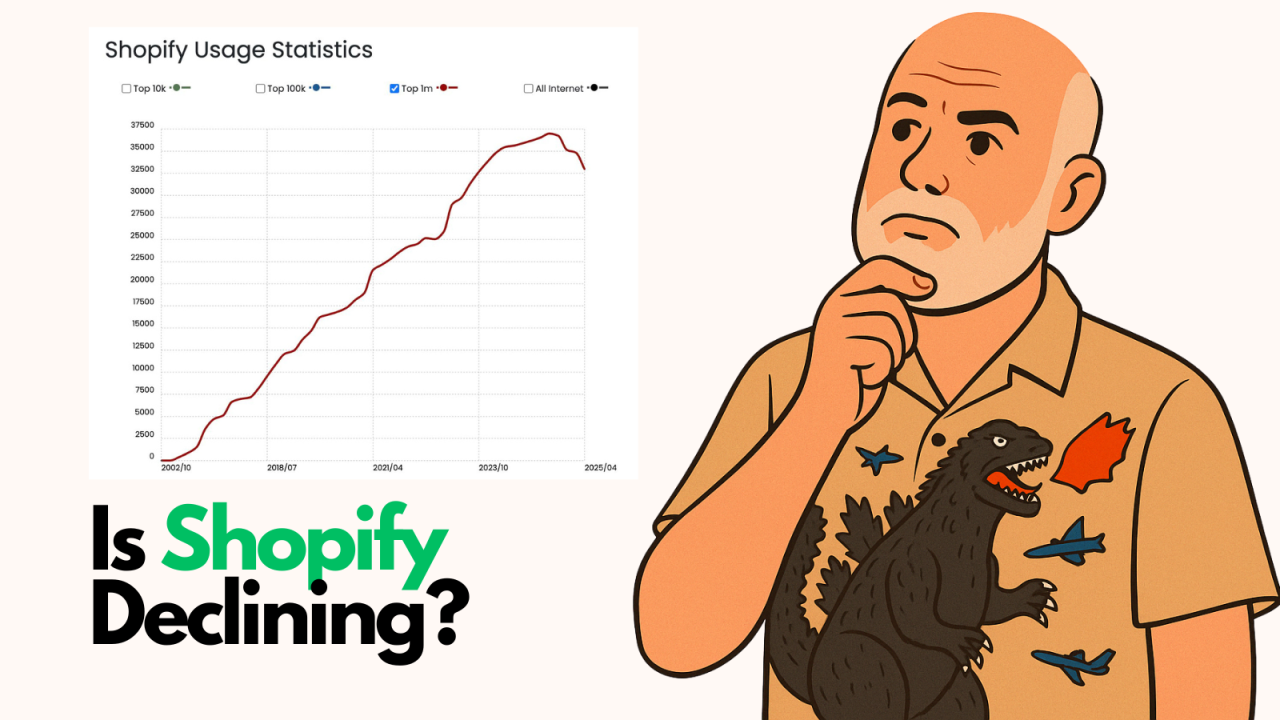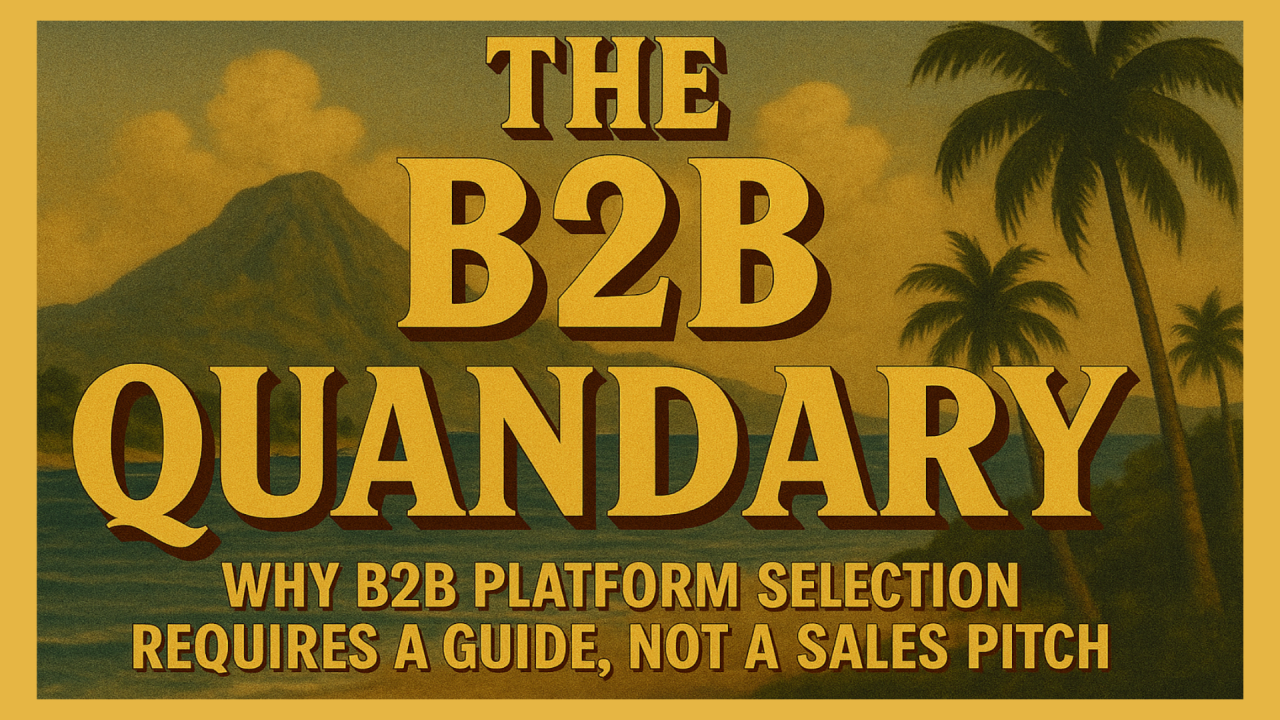
Last year, I built my first Shopify app using Gadget. )ok ok... full disclosure Aaron Kantrowitz did all the heavy lifting.) The process was remarkably smooth - from authentication to API connections, Gadget handled the complex infrastructure so I could focus on building features that matter.
This year, I'm setting my sights on a new frontier: BigCommerce. With Gadget now supporting BigCommerce integration, I'm excited for my next adventure.
Why expand? Because sometimes the less crowded marketplace offers the greatest opportunity.

BigCommerce is making strategic moves to improve its app ecosystem; timing matters in technology. Recently, they announced a three-pronged product launch specifically designed to attract developers:
Redesigned app development portal - offering a more intuitive workflow for app building and management
Unified Billing - A new optional feature that lets developers leverage BigCommerce's billing infrastructure
App Hosting - A partnership with Gadget (the same platform I used for Shopify), providing built-in connections to BigCommerce APIs
The key difference?
BigCommerce isn't forcing developers into their billing system
They're offering it as an option. This stands in stark contrast to Shopify's mandatory approach and 20% commission.
Building for multiple platforms creates more than just additional revenue streams – it builds resilience into your business model. When one platform makes policy changes you don't like (as Shopify has done several times with their API and app requirements), having your product available elsewhere gives you leverage and security.
Platform diversification acts as business insurance. If one marketplace changes commission structures, alters its approval process, or updates policies that affect your profitability, you're not left with an all-or-nothing scenario. You maintain revenue while adapting to changes.
There's also the competitive advantage factor. Most app developers focus exclusively on one platform. By expanding to BigCommerce while maintaining your Shopify presence, you immediately differentiate yourself from single-platform competitors. Merchants with multi-platform operations will value a partner who understands the nuances of both ecosystems.
Finally, the knowledge transfer works both ways. Techniques and features that succeed on BigCommerce can inform your Shopify strategy, and vice versa. This cross-pollination of ideas can lead to innovations that platform-specific developers might miss entirely.
Having owned a Magento agency in the past, I've navigated the complexities of Adobe's Marketplace to publish extensions. I know firsthand how challenging this process can be—from strict review policies to technical compatibility requirements that change with each platform update. This experience gives me a unique perspective on app ecosystems across multiple platforms.
My more recent journey with Shopify app development taught me that the technical build is often the easy part. The real challenges come with navigating platform policies, marketing in a crowded ecosystem, and building a sustainable business model that can withstand platform changes.
What excites me about BigCommerce is the potential to apply these lessons in a less saturated environment. Their recent developer-focused improvements suggest they understand the friction points that extension developers face. Using Gadget.dev's new BigCommerce integration, I can leverage my knowledge while exploring a new market.
The process looks remarkably similar on the surface—connect to APIs, build interfaces, handle webhooks—but the business environment is notably different. BigCommerce's more flexible approach to app integration means I can focus on building value rather than conforming to rigid platform requirements. This flexibility extends to pricing strategies and feature development, potentially creating better experiences for both developers and merchants.
After navigating three different e-commerce ecosystems (Magento, Shopify, and now potentially BigCommerce), I've learned that platform diversification isn't just about reaching more customers—it's about future-proofing your business against the inevitable shifts in platform policies and priorities.
BigCommerce isn't trying to be Shopify. While they're improving their developer experience, they're maintaining their historically open approach. They're not forcing centralized billing or taking aggressive revenue cuts.
For developers, this creates an opportunity to build relationships directly with merchants. For merchants, it potentially means more affordable solutions with direct support from developers.
Before jumping into BigCommerce app development, let's consider some valid counterarguments:
The skeptic would point out that fewer merchants means fewer potential customers. That's mathematically true—BigCommerce's smaller user base means your total addressable market is reduced compared to Shopify.
However, marketplaces follow different dynamics than pure volume plays. In a crowded marketplace, visibility becomes the primary challenge. Your app might be technically superior but get lost among thousands of competitors. In BigCommerce's more focused ecosystem, standing out becomes easier, and merchant acquisition costs potentially lower.
Additionally, BigCommerce has a stronger presence in mid-market and enterprise segments. These merchants typically have larger budgets and more complex needs—potentially leading to higher average revenue per customer even with fewer total customers.
Platform economics certainly push toward more controlled ecosystems over time. As platforms mature, they often look to monetize their app marketplaces more aggressively.
However, BigCommerce has maintained its developer-friendly approach throughout its growth. Their business model and positioning as the more open, flexible alternative to Shopify creates meaningful differentiation in the market. Abandoning this philosophy would risk their core value proposition.
Even if policies do change eventually, having established a presence early gives you a grandfathered understanding of the platform and its merchants—valuable assets regardless of future changes.
Supporting multiple platforms undeniably creates additional work—more codebases to maintain, more documentation to follow, more platform-specific nuances to understand.
The question becomes one of return on investment. Tools like Gadget.devsignificantly reduce the technical overhead by standardizing infrastructure and API connections. This shifts the equation, making multi-platform support more economically viable even for smaller development teams.
The ultimate answer depends on your specific business goals. If your Shopify app has reached market saturation or faces intense competition, expanding to a new frontier might deliver better returns than continuing to fight for marginal gains in a crowded space.
If you're a developer who's built for Shopify, consider expanding your horizon to include BigCommerce. The technical lift is reasonable (especially with tools like Gadget.dev bridging the gap), but the business opportunity could be significant.
Are you a BigCommerce developer, partner or merchant? I'd love to hear your perspective on the platform's app ecosystem. What types of apps do you think are most needed? Connect with me in the comments below.

Following up on my earlier post about BigCommerce's rebrand announcement, I got my hands on theCleveland...

By Brent W Peterson AI vs Shopify: Is Platform Dominance Ending in 2025?

The B2B OG Reality Check In 1995, I built my first B2B website for my then computer assembly company. It...